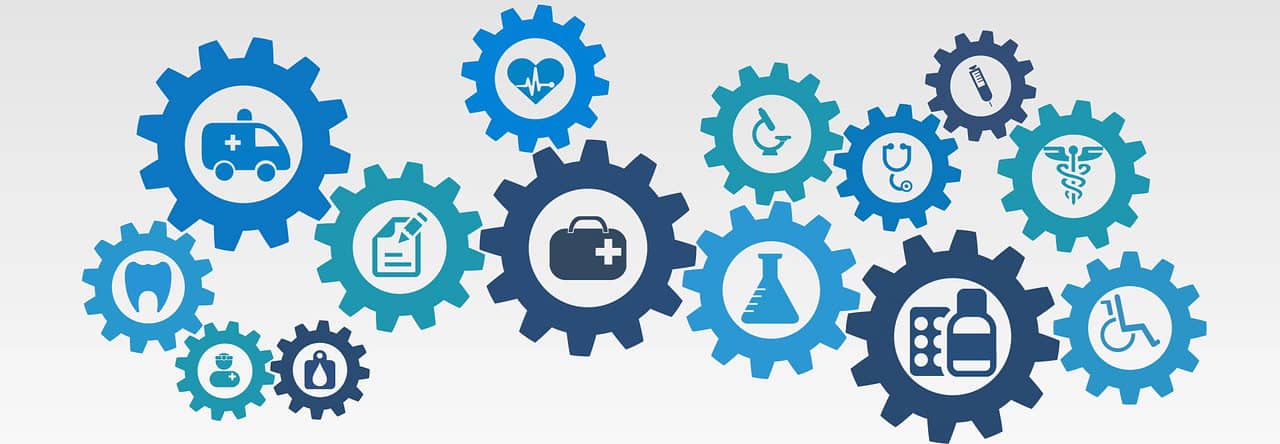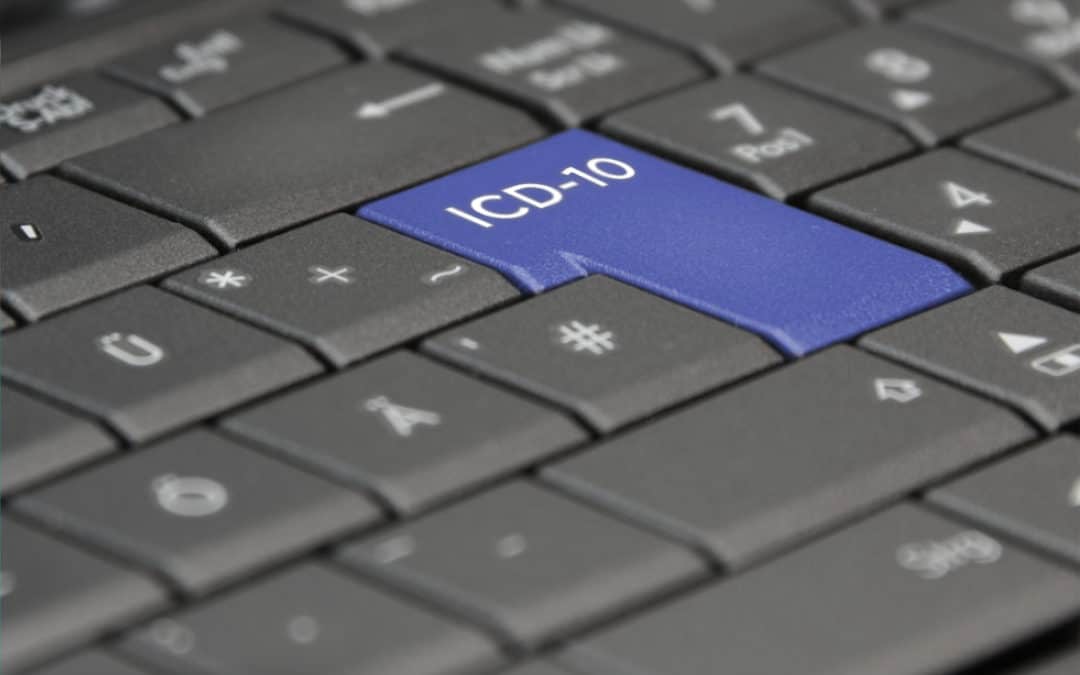A Brief History of Medical Coding
Have you wondered what is Medical Billing & Coding? Medical codes are used as a standard by modern doctors and healthcare providers. In the state of Kentucky, almost 4.5 million citizens rely on medical care using these codes. Medical codes as we know them are globally recognized by the United Nations. ICD-10 is the formal name for the internationally recognized list of medical illnesses and various diagnoses. Medical codes have done more for the world than simply allow for more efficient healthcare. Medical codes have influenced global research. ICD-10 codes have created education opportunities and jobs for millions of people. Healthcare providers, patients, schools and students depends upon medical codes.

The foundation of ICD-10 medical coding first emerged in 17th century England. Medicine was rapidly evolving at that time. Disastrous public health conditions prevented doctors and officials from providing effective healthcare to large groups of people. The Great Plague of London in 1665 sparked serious interest in addressing public health concerns. As a result, comprehensive record keeping to track diseases and ailments using numerical codes began with haste. Unfortunately, early medical codes were not consistently used. This prevented rapid advancement in the field. Public healthcare developed slowly in the UK as officials worked to develop a comprehensive, unified system. An Epidemiologist named Dr. William Farr succeeded in establishing a standardized list of ailments in the late 19th century. This marked the first time a scientifically agreed upon medical coding list was accepted at the international level.
Medical Coding Across the Globe
As a dominant world power and center for academic research, the United Kingdom influenced global conversations regarding healthcare. The UN began to use William Farr’s list after being established in 1945. The International List of Causes of Death was creating global change. The World Health organization, under control of the UN, worked with The International List of Causes of Death to positively impact global health outcomes. After several years of use by the UN, The International List of Causes of Death became ICD – the international Classification of Diseases. This list represented centuries of achievement in an effort to improve healthcare on a large scale.

ICD was improved upon over several volumes. Additionally, it was used to develop healthcare systems across the globe before reaching the US. Today’s standard is ICD-10, which was published in 1994. Soon after its publication, the American Medical Association integrated ICD-10 into its best practices in the United States. Using ICD-10 as a foundation, the AMA released its Current Procedural Terminology (CPT) manual as a requirement for medical coding in the US. This development allowed for the continued growth of an entirely new field of work – Medical Billing & Coding. Medical Billing & Coding Specialists, who work outside of patient care, became the backbone of modern medical operations. Their acuity and knowledge of medical codes allowed for the delivery of healthcare to millions of people.
Medical Billing and Coding Today
The accurate reporting of medical diagnoses is essential in providing quality, modern healthcare. Medical Billing & Coding Specialists are highly trained to use ICD-10 codes during essential reporting processes. Healthcare providers everywhere employ Medical Billing & Coding Specialists for the uninterrupted care of patients. Carol McDonald is the Program Director for Medical Billing & Coding at MedQuest College in Lexington and Louisville. “As medical terminology and new technology come out, ICD-10 will change,” says McDonald when describing advancements in healthcare. The way healthcare professionals provide treatment depends upon continued research and reporting. New research means new codes and procedures.
Medical Coding Education
According to Carol McDonald, Medical Billing & Coding Specialists are the “gatekeepers to the finance world in terms of medical charges and billing.” McDonald describes her experience as a Medical Billing & Coding Specialist as “truly life changing.” Health insurance companies, hospitals, doctors offices and other providers rely on the expertise of coding specialists like Carol McDonald at MedQuest College. Preparing people to work in the modern healthcare field is no small task. Training begins with a robust foundation of medical knowledge. “We want you to have that foundation,” says McDonald of her program at MedQuest College. She built her Billing & Coding classes with terminology training in mind. “You need to understand the structure of the body, you need to understand its functions.”

MedQuest College is working with students in Louisville and Lexington, Kentucky to implement work developed by seventeenth century statisticians. Medical Billing & Coding as a career, ICD-10 and CPT emerged over time as a way to provide more efficient healthcare across the globe. The ICD-10 medical coding system represents the impact of the scientific processes in healthcare. As a response to inquiry and concern over deteriorating public health conditions, medical coding emerged to fix a misfiring system. It spread from cities to states and eventually the rest of the world. Eventually the International Classification of Diseases emerged – a list that revolutionized medical reporting. Armed with a centralized medical coding system, Medical Billing & Coding Specialists continue to manage the communications between patients and providers, in order to provide innovate healthcare.
Learn more about the Medical Billing & Coding program offered at MedQuest College in Louisville and Lexington, Kentucky. Schedule your tour today and take the first step in your Medical Billing & Coding career.
Due to our commitment to keep our student’s best interests in mind MedQuest College has chosen to phase out the Phlebotomy program due to lack of jobs available to those in Medical Billing and Coding. We encourage those who are interested in a career in healthcare to check out our Medical Assisting program which has an 89% job placement rate.


My name is Andrea and I’m interested in medical billing and coding. How long is the program?
Hi Andrea, unfortunately we no longer offer the Medical Billing and Coding.